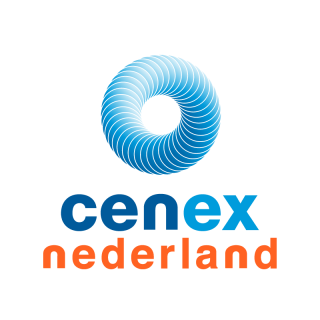The automotive sector is the second largest contributor to CO2 emissions globally. Even though car manufacturers push forward the development of electric vehicles (EVs), the current market penetration is still relatively low. Developing lightweight materials is an essential step to increase EV adaptation since a reduced weight results in improved vehicle efficiency and increased range.
LEVIS: Advanced Light materials for sustainable Electrical Vehicles by Integration of eco-design and circular economy Strategies

What is the goal of the project?
The LEVIS project will develop, verify and demonstrate new sustainable manufacturing routes for three lightweight and circular components for EVs by deploying eco-design and circular economy principles to help reduce the environmental footprint of passenger vehicles. The parts that will be developed are a suspension control arm, a battery holding set and a cross car beam.
What is the result of the project?
Results of the project
By adopting eco-design and circular economy principles across the life-cycle stages of the EV components, the project outcomes aims at:
• Improving raw material, energy use and cost efficiency by using cost-effective and scalable manufacturing technologies
• Reducing EV components’ weight, and thus energy use, yet maintaining a high structural integrity and reliability
The three demonstrators will be used to showcase the benefits and competitiveness of the developed technologies and the environmental impact of the LEVIS solutions will be analysed throughout the components’ life cycle.
Who initiated the project and which organizations are involved?
Thirteen partners from the automotive and material industries, and leading research institutes across Europe and Turkey teamed up to develop, demonstrate and validate lightweight components and/or structures used in EVs. The partners are all specialized in their field, whether it is manufacturing processes, material design, circular economy, or end-of-life approaches.
LEVIS is funded by the EU Horizon 2020 program, the largest research funding scheme bringing innovative ideas from lab to market.
Cenex Nederland (Cenex NL), the only Dutch partner of the consortium, is an Amsterdam based non-for-profit research and consultancy organization specializing in zero emission and smart vehicle technology and related infrastructure. The Cenex NL team brings its expertise on circular mobility to LEVIS by developing eco-design strategies to be integrated in the product design phase. Additionally, Cenex NL will lead the project evaluation, by assessing the environmental and economic performance of the demonstrators across all life cycle stages.




